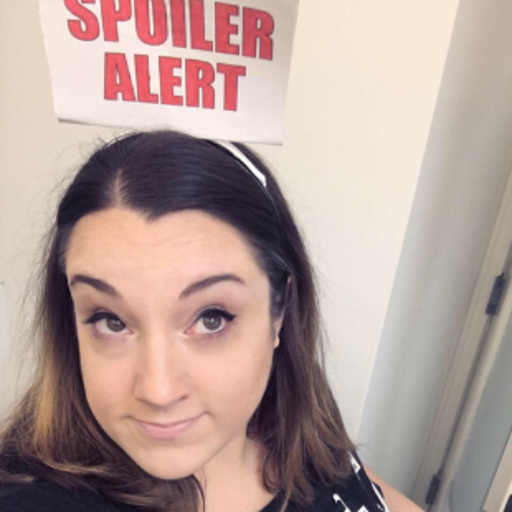This Is How The Fault In Our Stars Author Reacted To His Book Being Banned

Some books are a bit too mature for middle school, but does John Green's The Fault In Our Stars apply? According to six of the seven people in California's Riverside Unified School District's book reconsideration committee, it does, as the novel, which centers on a terminally ill teen who falls in love was banned by the Riverside, California school system's middle school library. The reported reason the book has been removed from the library is because of its inclusion of mortality and sex. John Green, who penned the book that went on to become a massively successful feature film, had some things to say on the banning.
The author took to his Tumblr to respond to the situation, when asked by a fan, Green said the following:
I guess I am both happy and sad.I am happy because apparently young people in Riverside, California will never witness or experience mortality since they won’t be reading my book, which is great for them.But I am also sad because I was really hoping I would be able to introduce the idea that human beings die to the children of Riverside, California and thereby crush their dreams of immortality.
Detecting a bit of sarcasm there...
THR says the school district's "reconsideration committee" took the matter to a vote when a complaint was made about the school library carrying three copies of the book, which were available to kids (ages 11-13) who attend the school. Those who've read the book know that the story focuses heavily on Hazel's struggle with cancer, and the budding romance she experiences with Gus. Spoiler alert: sex and mortality are among the subjects addressed.
On one hand, one could argue that a school can carry whatever books it sees fit for its students. And parents certainly have a right to monitor what their kids read, and decide what their child is mature enough to handle. But focusing on the principle of the matter, I'm compelled to wonder when the subjects of sex and death are considered age-appropriate for a kid? Does the context of these subjects and the way they're explored make a difference?
This also causes me to want to put The Fault In Our Stars up against a book like Twilight, which is certainly popular among teens, and presumably has a tween fandom as well. Twilight omits premarital sex and centers itself around a scenario where people live happy, young (non-violent vampire) lives, essentially forever. This isn't a slam against Stephenie Meyer's books, as I can appreciate the appeal of a story that applies fantasy elements toward life and romance, and I think I would've loved Twilight in my younger years. Fantasy is fun. But there's also value in a story that brings us back down to earth. I remember being a kid and setting my expectations of adolescence by things I read in books or saw in TV and movies. Not everything prepared me for the reality of it, but some of it did, and some of the books I read stuck with me well beyond my childhood years. I think Fault would have been one of those books, had I read it as a kid.
Alas, when I was of middle school-age, I was getting most of my reading material from the public library. Maybe that's what this comes down to. Whether or not it's appropriate for a kid ages 11-13 is likely up for debate, but the question is, is The Fault In Our Stars appropriate for a middle school library?
CINEMABLEND NEWSLETTER
Your Daily Blend of Entertainment News
This poll is no longer available.

Kelly joined CinemaBlend as a freelance TV news writer in 2006 and went on to serve as the site’s TV Editor before moving over to other roles on the site. At present, she’s an Assistant Managing Editor who spends much of her time brainstorming and editing feature content on the site. She an expert in all things Harry Potter, books from a variety of genres (sci-fi, mystery, horror, YA, drama, romance -- anything with a great story and interesting characters.), watching Big Brother, frequently rewatching The Office, listening to Taylor Swift, and playing The Sims.

The Watchers’ Ishana Night Shyamalan Cited Miyazaki As A Major Influence, And Now I’m Excited For The Movie For A Different Reason

Star Wars’ Daisy Ridley Reveals Challenges To Stepping Back Into Rey Role Years Later

Taylor Swift Called Out Positive Reviewers By Name, After One Negative Review Led Outlet To Hide Theirs Over ‘Threats Of Violence’
Most Popular








